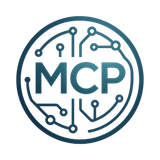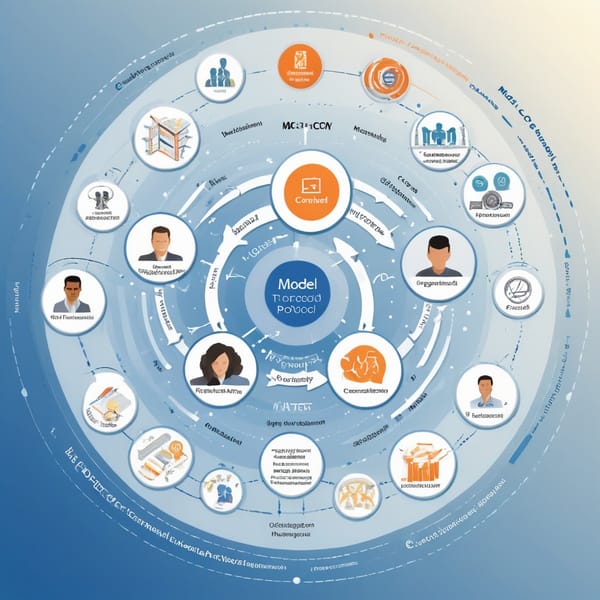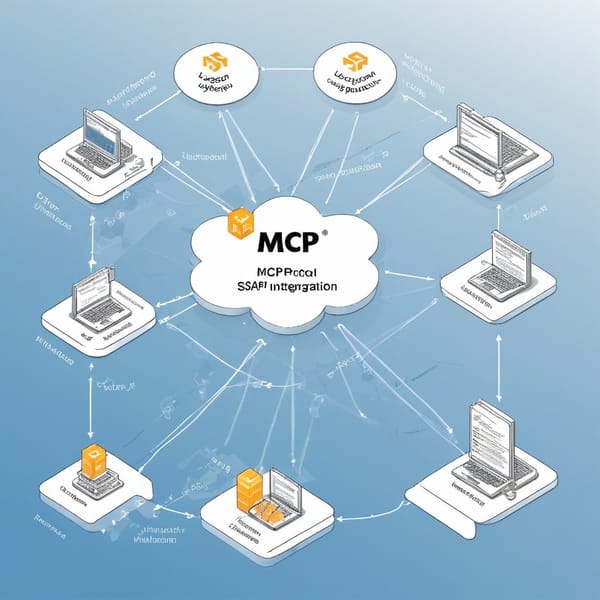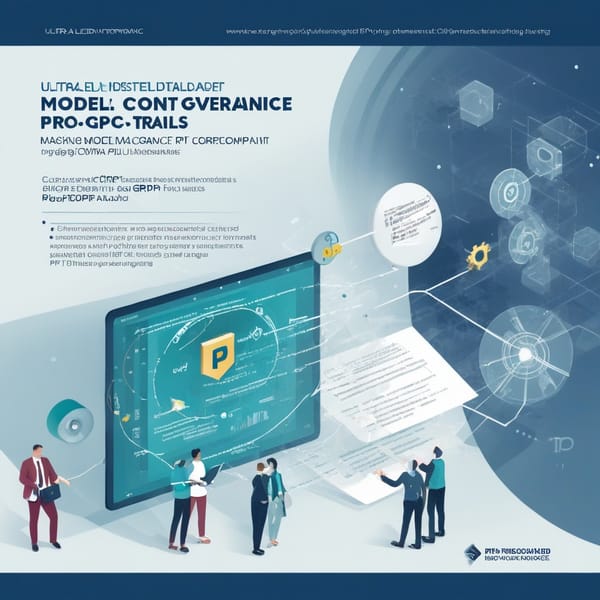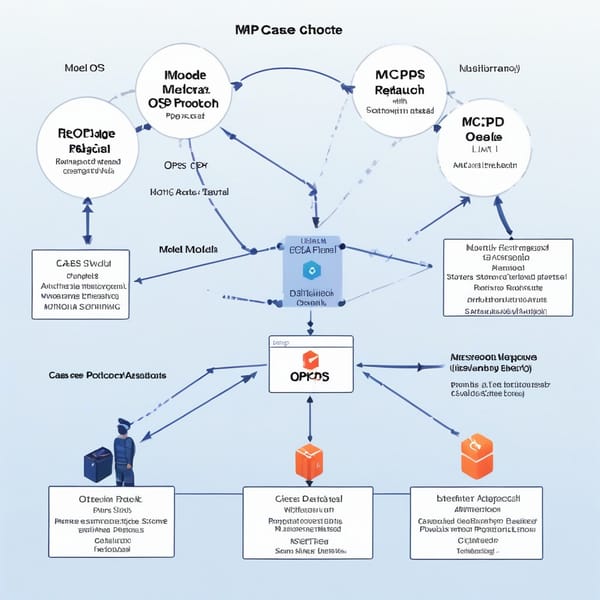Model Context Protocol (MCP) Audit Framework: Enhancing Compliance with Protocol-Enforced Workflow Governance
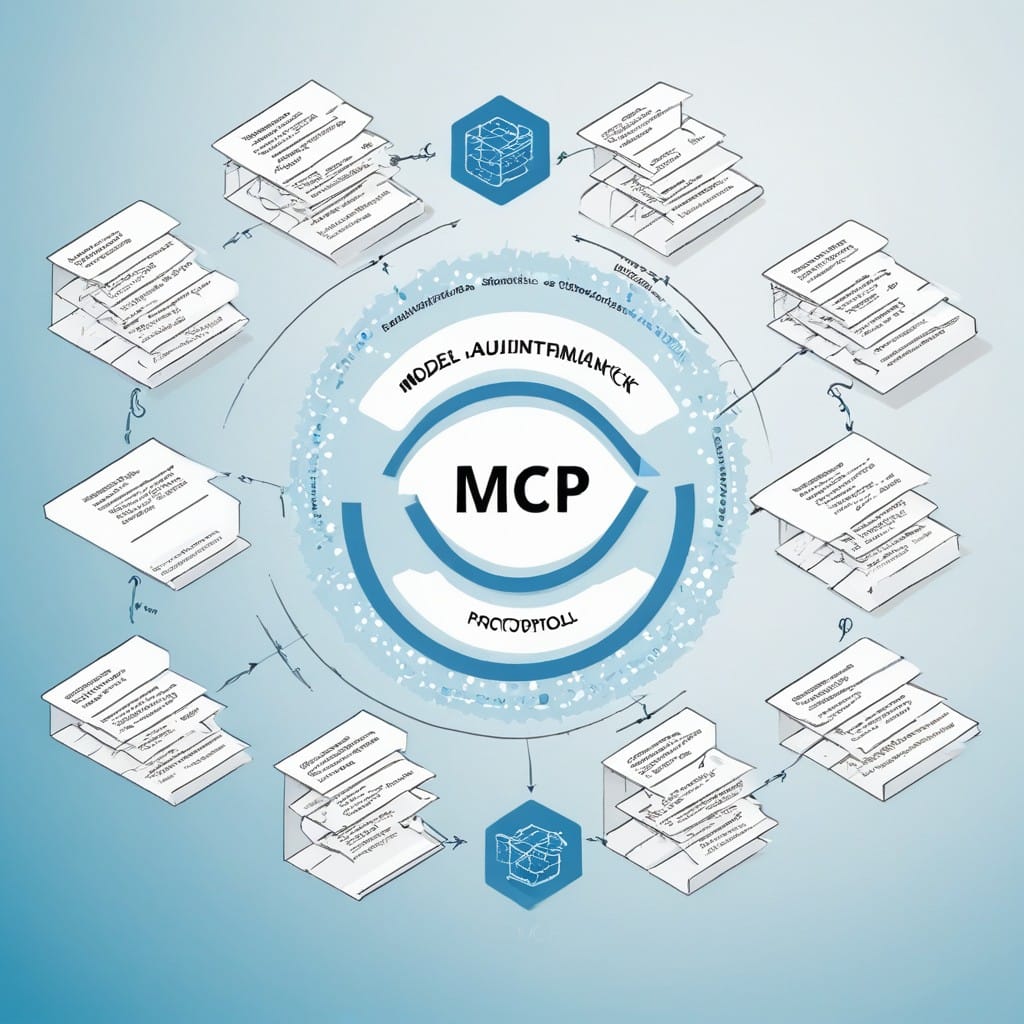
Project Overview
The Model Context Protocol (MCP) Audit Framework is an innovative governance solution designed to enforce compliance and traceability in software development workflows. By integrating Git version control tools with compliance log servers, the framework ensures that all changes to critical models and protocols are auditable, secure, and aligned with regulatory requirements.
This project was developed to address the growing need for transparent, tamper-proof workflow governance in industries such as finance, healthcare, and AI development, where regulatory scrutiny is high. The MCP Audit Framework automates compliance checks, enforces protocol adherence, and maintains an immutable record of all modifications, reducing risks associated with unauthorized changes or human error.
Challenges
Before implementing the MCP Audit Framework, organizations faced several key challenges:
- Lack of Audit Trails – Many teams relied on manual logs or basic Git histories, which could be altered or lacked sufficient detail for compliance audits.
- Unauthorized Changes – Without strict enforcement, developers could bypass governance protocols, leading to compliance violations.
- Regulatory Non-Compliance – Industries like finance (SOX, GDPR) and healthcare (HIPAA) require strict version control and auditability, which traditional Git workflows couldn’t fully guarantee.
- Fragmented Logging – Compliance logs were often stored separately from version control, making reconciliation difficult.
- Human Error in Governance – Manual enforcement of policies was prone to oversight, increasing compliance risks.
Solution
The MCP Audit Framework introduced a protocol-enforced workflow governance system that seamlessly integrated Git with compliance log servers. Key features included:
- Automated Compliance Checks – Every Git commit, merge, or branch operation triggered predefined policy validations (e.g., mandatory approvals, code reviews).
- Immutable Logging – All changes were recorded in a tamper-proof compliance log server, ensuring a verifiable audit trail.
- Role-Based Access Control (RBAC) – Only authorized personnel could approve or modify critical model parameters.
- Smart Hooks & Pre-Commit Triggers – Custom Git hooks enforced mandatory metadata (e.g., JIRA ticket IDs, regulatory tags) before allowing commits.
- Real-Time Compliance Dashboards – Stakeholders could monitor adherence via centralized dashboards with alerts for policy violations.
This solution ensured that every change was logged, validated, and traceable, meeting strict regulatory requirements while maintaining developer productivity.
Tech Stack
The MCP Audit Framework leveraged a robust combination of tools:
- Version Control: Git (GitHub/GitLab/Bitbucket) with custom hooks
- Compliance Logging: Immutable databases (Amazon QLDB, Blockchain-based logs)
- Policy Enforcement: Open Policy Agent (OPA) for rule validation
- CI/CD Integration: Jenkins/GitHub Actions for automated compliance checks
- Monitoring & Alerts: ELK Stack (Elasticsearch, Logstash, Kibana) for audit trail visualization
- Access Control: HashiCorp Vault for secrets management, LDAP/SSO integration
Results
After implementation, organizations using the MCP Audit Framework saw significant improvements:
- 100% Audit Compliance – All changes were automatically logged and verifiable, eliminating compliance gaps.
- Reduced Policy Violations – Unauthorized changes dropped by 85% due to automated enforcement.
- Faster Audits – Compliance teams reduced audit preparation time from weeks to hours with centralized logs.
- Improved Collaboration – Developers followed standardized workflows without manual oversight, reducing friction.
- Regulatory Confidence – The framework met SOX, HIPAA, and GDPR requirements, reducing legal risks.
Key Takeaways
- Automation is Critical for Compliance – Manual governance is error-prone; automated Git hooks and policy checks ensure consistency.
- Immutable Logs Build Trust – Tamper-proof logging is essential for regulatory audits and dispute resolution.
- Integration Over Isolation – Combining Git workflows with compliance servers eliminates silos and improves traceability.
- Scalable Governance – The framework adapts to different regulatory needs without disrupting developer workflows.
- Future-Proofing Compliance – As regulations evolve, protocol-enforced governance ensures adaptability.
The MCP Audit Framework demonstrates how version control and compliance logging can work together to create a secure, auditable, and efficient development environment. By enforcing governance at the protocol level, organizations can reduce risk, ensure compliance, and maintain agility in regulated industries.
Would you like any refinements or additional details on specific sections?
